My 18-month-old son was sitting on my lap when he shocked me by biting my chin. Over the next few months, he bit me occasionally, usually while playing. My youngest never went through a biting phase, but as a toddler, he sometimes hit me or his siblings out of frustration or anger. Why are biting and hitting such common behaviors in toddlers?

As a mom of three and former Montessori teacher, I understand how difficult it can be to manage an angry toddler. With the right tools and insights, surviving this stage is a little easier. To learn more, I spoke with psychologist, Dr. Rachel Kabir of therapy.with.dr.rachel.

I also spoke to Lauren Mosback, a licensed professional counselor and a licensed behavior specialist at lelise_counselor, to better understand challenging behaviors like biting and hitting. Read on to learn why toddlers bite and hit and discover helpful tips for managing these behaviors.
Why Do Toddlers Hit and Bite?
"It’s common for toddlers to bite because they are still developing language. Additionally, they don’t yet have the skills to regulate their emotions," says Dr. Kabir. In other words, young children often struggle to express strong emotions through words. Similar to how toddlers show feelings through tantrums, they might also lash out by biting or hitting.
Dr. Kabir explained that, like other behaviors, biting and hitting are a form of communication. Through biting, toddlers try to communicate their feelings or needs. Toddlers might express feelings and needs through biting, such as frustration, hunger, or that they want something like a toy.
Understanding Aggressive Behavior as a Part of Development
In the grand scheme of child development, it's normal for babies and toddlers to sometimes bite or hit. When can you expect this behavior to begin? Dr. Kabir says, "biting can appear as early as when infants start teething."
Mosback explains, "Hitting and biting are often developmental — not learned — behaviors. Toddlers have immature impulse control and limited language, so they often act with their bodies when emotions run high." This lack of self-control also partially explains why little ones have such a hard time following instructions.
That's why your child may bite or hit, even if they've never seen it happen in your home or in a childcare setting. "Even without direct modeling, these behaviors can emerge as instinctive responses to stress, frustration, or excitement," Mosback says.
Fortunately, these behaviors don't last forever and often improve over time. By the time children reach the age of 3 or 4, they understand that hitting and biting hurt. "Additionally, children are acquiring more language and are better able to communicate and express themselves verbally, and are less likely to use biting as a form of communication," Dr. Kabir says.
Expert Tips and Strategies: How to Get Toddlers to Stop Biting and Hitting
If your child is going through a biting or hitting stage, you may wonder how to best approach these behaviors. Mosback recommends that parents view biting and hitting with a growth mindset approach. "These moments are teachable opportunities to build emotional intelligence and self-regulation skills over time. It’s not about perfection — it’s about progress," she says.
A few key strategies she recommends include:
- Calmly set a boundary. Stay calm while stating the boundary, such as, "I won't let you hit."
- Help the child identify their feelings. For example, "It looks like you're really mad."
- Offer an alternative behavior. Some possible options include taking deep breaths, squeezing a pillow, or squeezing play-dough.
"Repetition, modeling, and consistency are key. Children thrive when they feel safe, connected, and understood," Mosback says. The above steps can help your little one feel heard while still showing them that the behavior is wrong.

How to Get a 1 Year Old to Stop Biting: Prevention
The University of Maine also offers ideas to help prevent biting. Consider offering your toddler a teething toy or teething necklace if they enjoy the sensation of biting.
Another suggestion is to avoid triggers such as hunger, feeling overtired, or transitions. If changes in activity are a trigger, you can provide extra support during transitions. Try telling your child about the transition a few minutes ahead of time. For example, "It will be time for lunch in three minutes."
Additional Strategies to Try
If your child bites or hits, it can also be helpful to teach your child social skills. The National Association for the Education of Young Children suggests teaching children language to set limits. Toddlers may bite or hit because they don't know how to respond to another child taking something from them or bothering them. You can teach them to say "no," "stop," or "that's mine."
Experts say parents and caregivers should avoid labeling children as "biters" or "hitters." Labeling children in this way can impact their self-esteem. Ultimately, it doesn't help children stop hitting and biting either.
Instead, focus on positive reinforcement. When your child uses their words instead of hitting or bites their teething necklace instead of another child, praise their good behavior.
What are some signs that a young child needs professional support for biting or hitting?
How do you know if your child needs extra help? Mosback says, "If biting or hitting becomes frequent, severe, or doesn’t respond to supportive strategies over time, it may be helpful to seek professional support." Dr. Kabir says it's also wise to get help if the biting and hitting worsen as your child gets older or if it is causing parental stress.
"Other red flags might include extreme difficulty calming down, hurting others without remorse, or challenges forming positive relationships. Sometimes these behaviors stem from underlying stress, trauma, sensory processing issues, or developmental delays. Getting support early can make a big difference, helping kids build healthy coping strategies and thrive socially and emotionally," Mosback asserted.
If you notice any of these signs, talk to your child's pediatrician. Or reach out to a psychologist or counselor for support.
What to Do if Your Child Gets Bitten
In some cases, bites happen between siblings. Or, your child might get bitten at daycare or school. If this happens, Dr. Kabir says parents should start by comforting their child. Also, "provide any necessary medical intervention such as applying pressure and a bandage if the skin is broken, and seeking support from a doctor if warranted," she suggested.
Dr. Kabir also recommends separating the children. Once the child who was bitten is ok, then it's important to address the other child's behavior. Remain calm, and use short phrases to clearly explain that biting is not ok. One option Dr. Kabir says can work well is, "Teeth are not for biting, biting hurts."
Keep in mind that young children's language skills are still developing. Using simple language is best when addressing a biting incident.
Getting Through the Toddler Biting and Hitting Stage
The toddler age is full of fun and excitement, occasionally dampened by tantrums and aggressive behavior. Fortunately, these challenging behaviors often improve as your child grows and learns. If you think your little one needs a bit of extra support, don't hesitate to reach out to your pediatrician or a counselor for help.
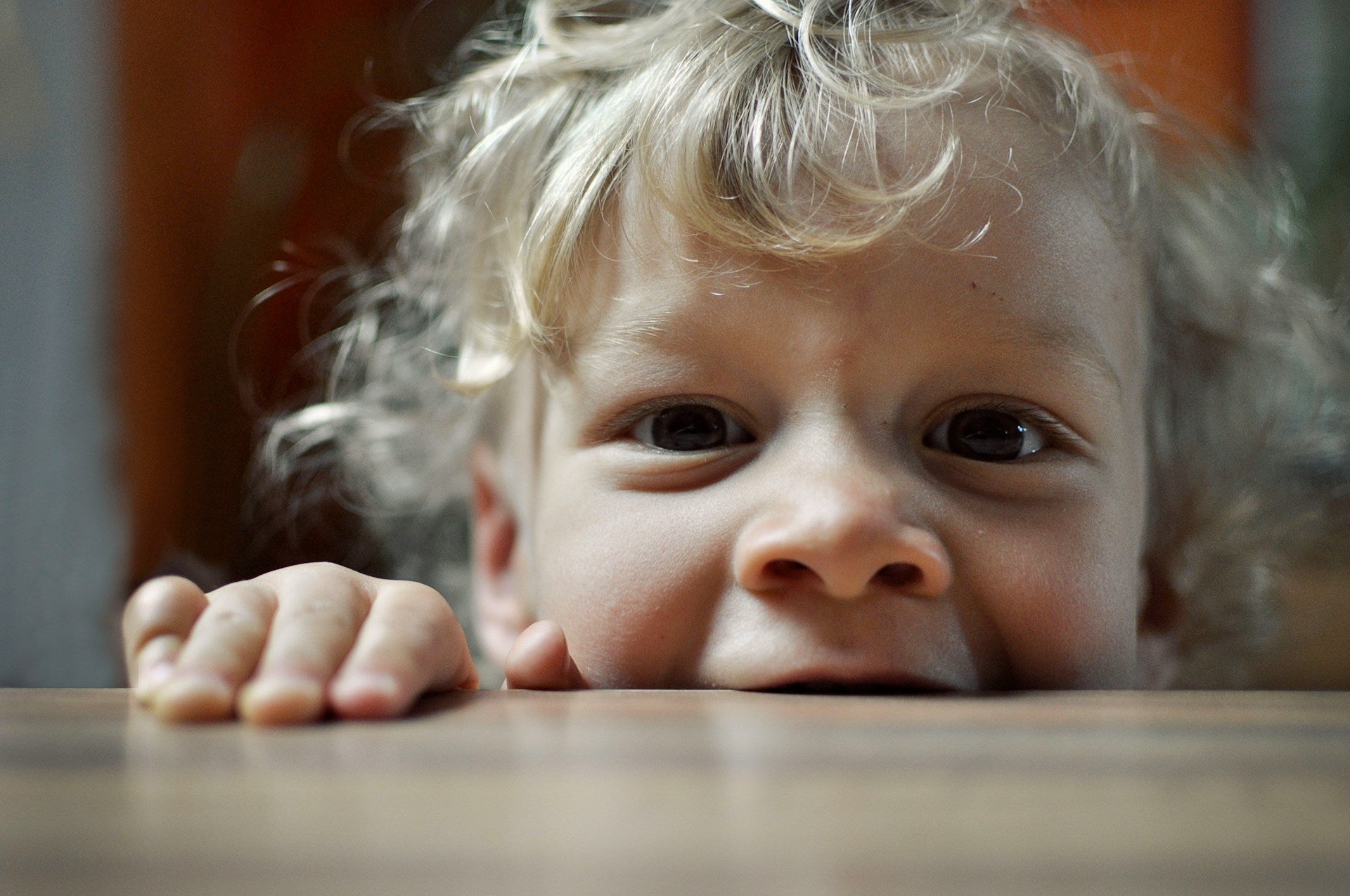


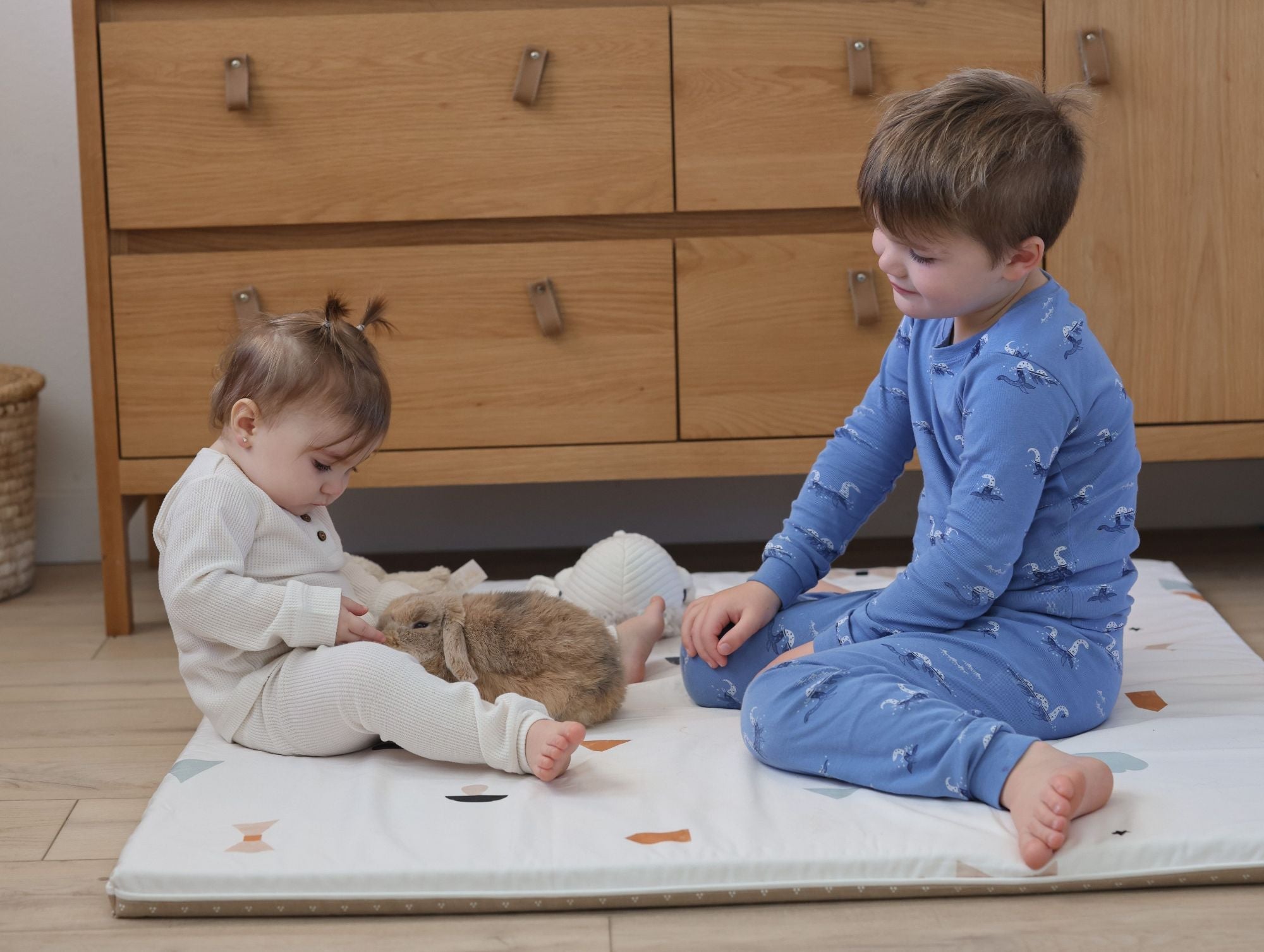
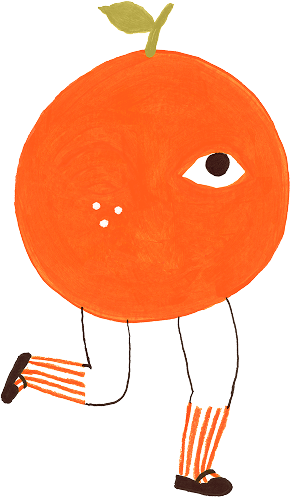
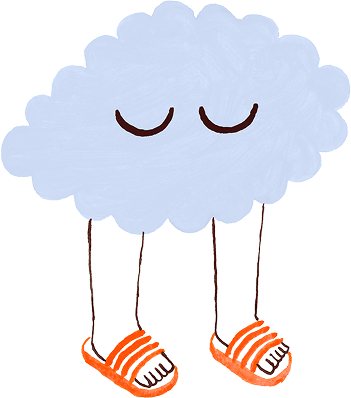
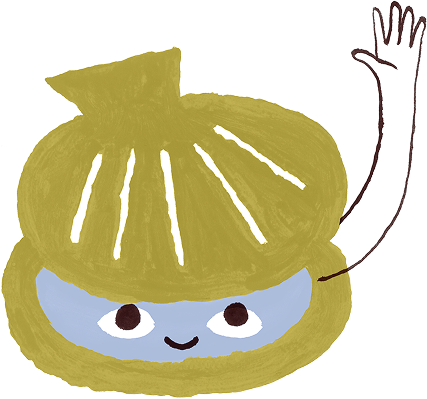
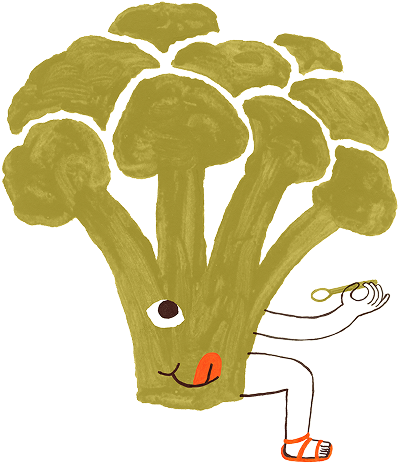
Leave a comment
This site is protected by hCaptcha and the hCaptcha Privacy Policy and Terms of Service apply.